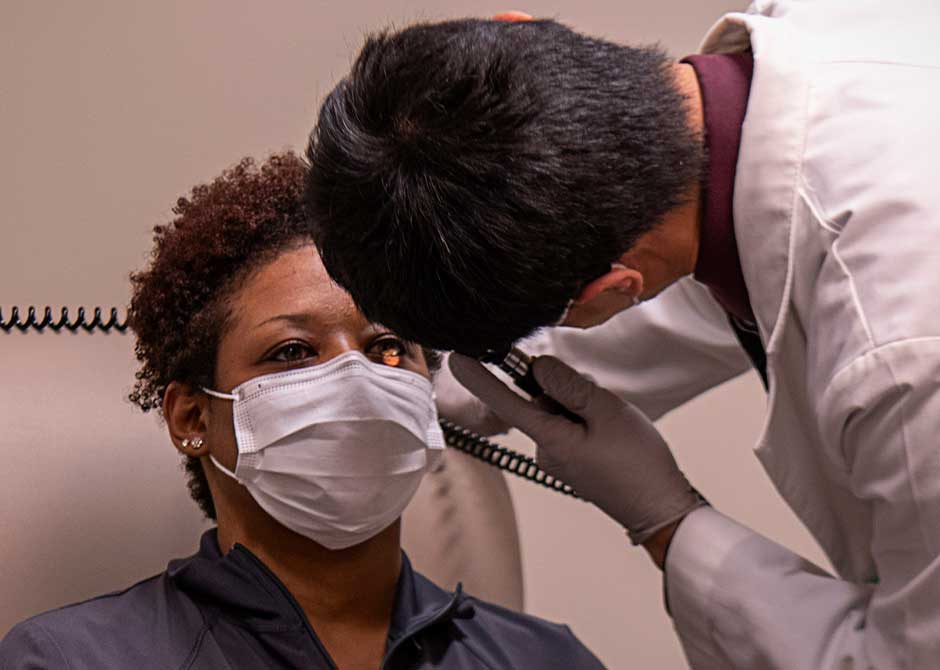What causes multiple sclerosis?

The exact cause is unknown, but most experts believe that multiple sclerosis (MS) is an autoimmune disease. This means that the body’s defenses, called the immune system, mistakenly attack normal tissues. In MS, the immune system attacks the optic nerves, brain and spinal cord.
Many factors may increase the risk of MS. More than 200 genes have been implicated in MS, each of which contributes a small amount to susceptibility. Environmental exposures also play a role — MS is more common in those who grow up in colder regions, located far from the equator.
Your risk for MS is influenced by these factors:
Geographic location or where you lived during childhood (up to age 15)
People who spend the first 15 years of their lives in colder climates that are farther away from the equator are more likely to get MS than people who live closer to the equator during those years.
Family history of MS
About 15 out of 100 people who have MS have a relative with MS. The lifetime risk of MS in first-degree relatives of people with MS is 2-4%. This is approximately seven to 10 times higher than the risk for the general population.
Genetic makeup
More than 230 genes have been discovered that each increase the risk of developing MS to a small degree. No one gene directly causes MS itself; someone with MS is likely to have a combination of many of these MS-associated genes. Most of the MS-related genes that have been identified are known to play a primary role in immune responses. This supports the belief that MS is an autoimmune disease.
Race
People of Western European ancestry are more likely to get MS. However, MS can occur in any race.
Gender
Relapsing-remitting MS is two to three times as common in women as in men.
Viral infection
First-time exposure to Epstein-Barr virus (the virus that causes infectious mononucleosis, or “mono”) as an adult may increase the risk of developing MS. MS relapses are more likely to occur during upper respiratory tract infections.
Habits and lifestyle
A low serum level of vitamin D may increase the chance of developing MS. Cigarette smoking is associated with a more severe course of MS.
